Nvidia: Friend or Foe
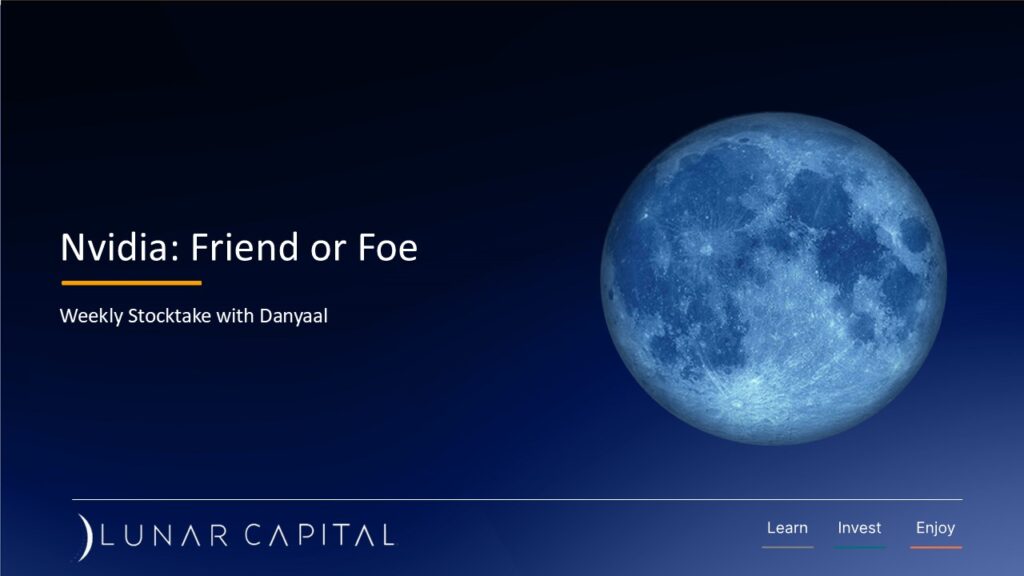
How has Nvidia’s dominance incentivised their competition?
What’s Up Walt

What are the challenges facing Disney?
Mercado Libre – Seeking Credit
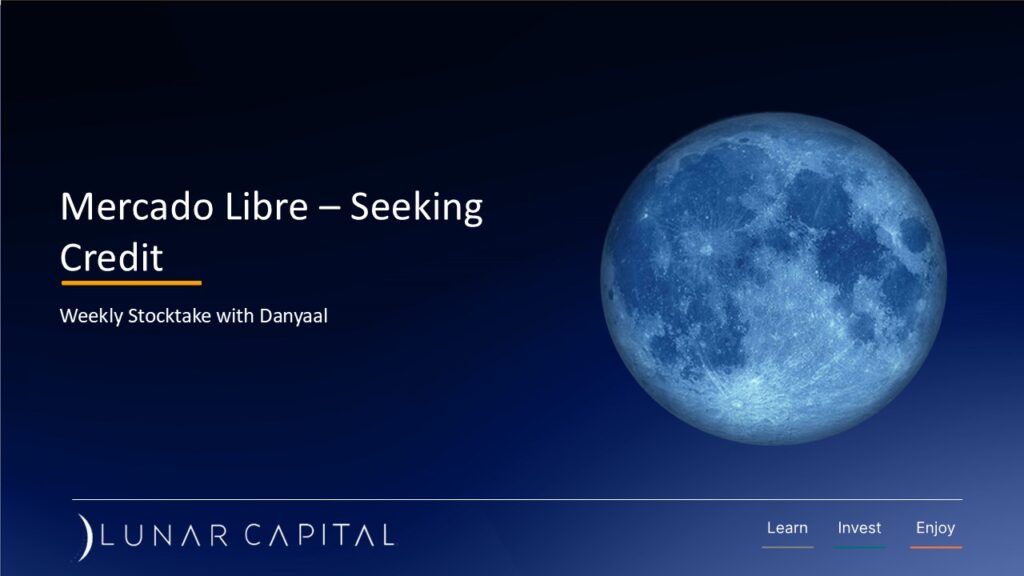
What are the risks Mercado Libre faces when growing their credit business.
Alphabet(ting) on AI

How has Alphabet used its scale to invest for the future.
Luxury Wars
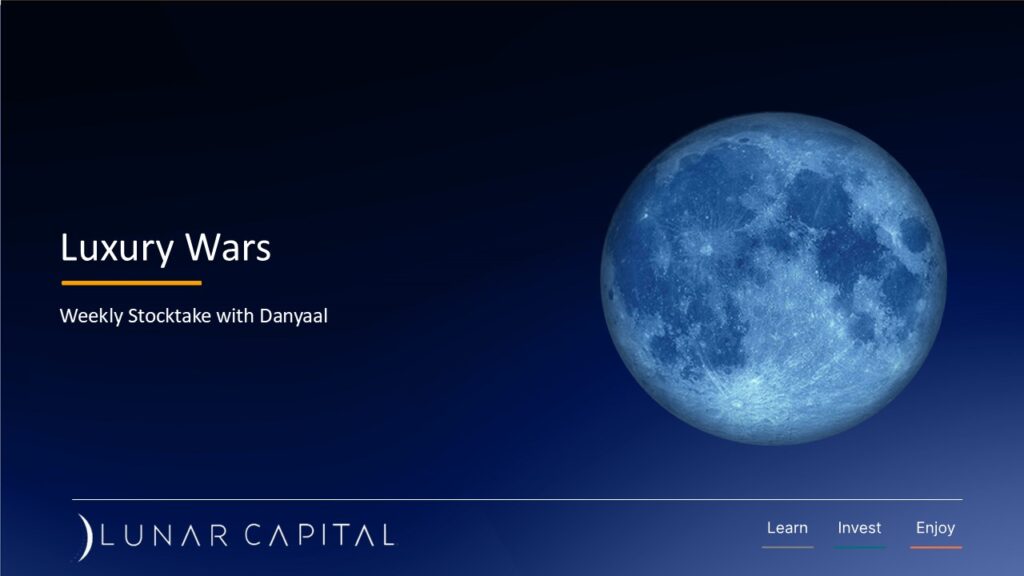
What do the results from three fashion houses say about the luxury goods sector today.
Chipping Away
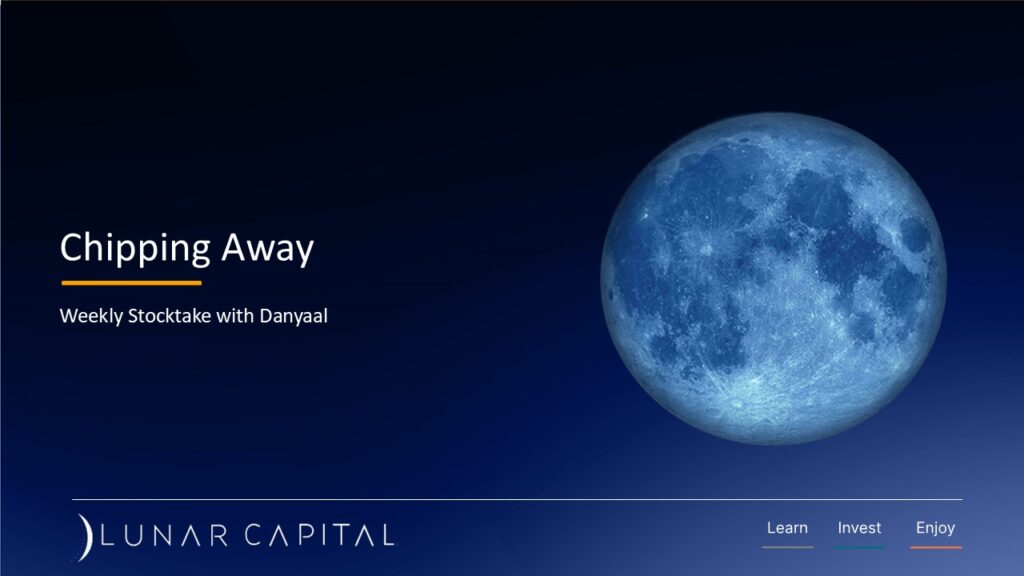
What have the results from two companies shown us about the semiconductor industry today.
Quarterly Investment & Performance Review – 30 September 2024

Sabir provides an update of the Funds’ performance and how Lunar Capital plans to invest in the current market climate.
JP Morgan: Bank On It

What does a fortress balance sheet look like
Nike: Will they Do It?
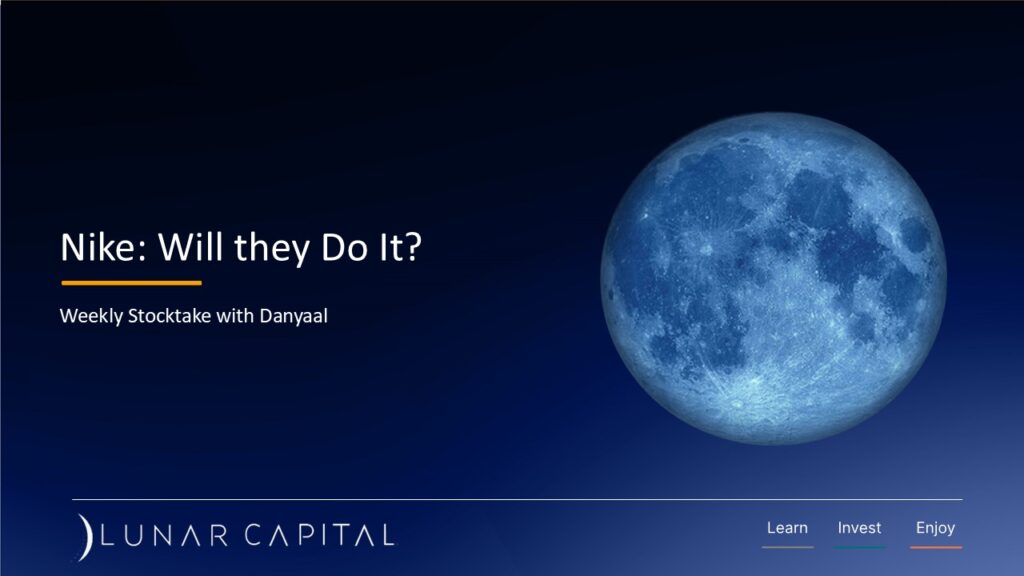
Does Nike have what it takes to implement their turnaround vision?
Cost Conscious Costco
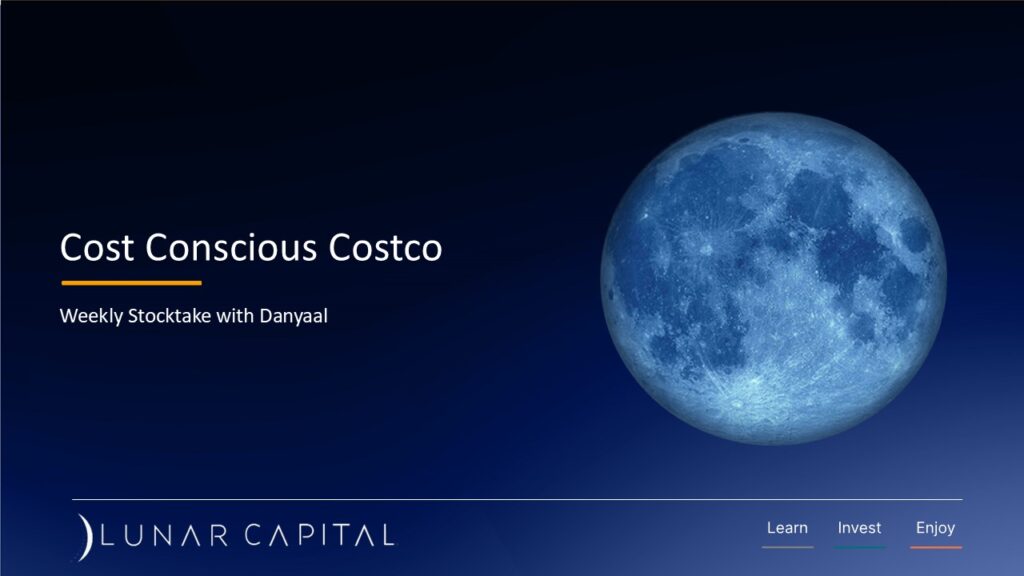
Good prices and good margin, How has Costco managed it?
